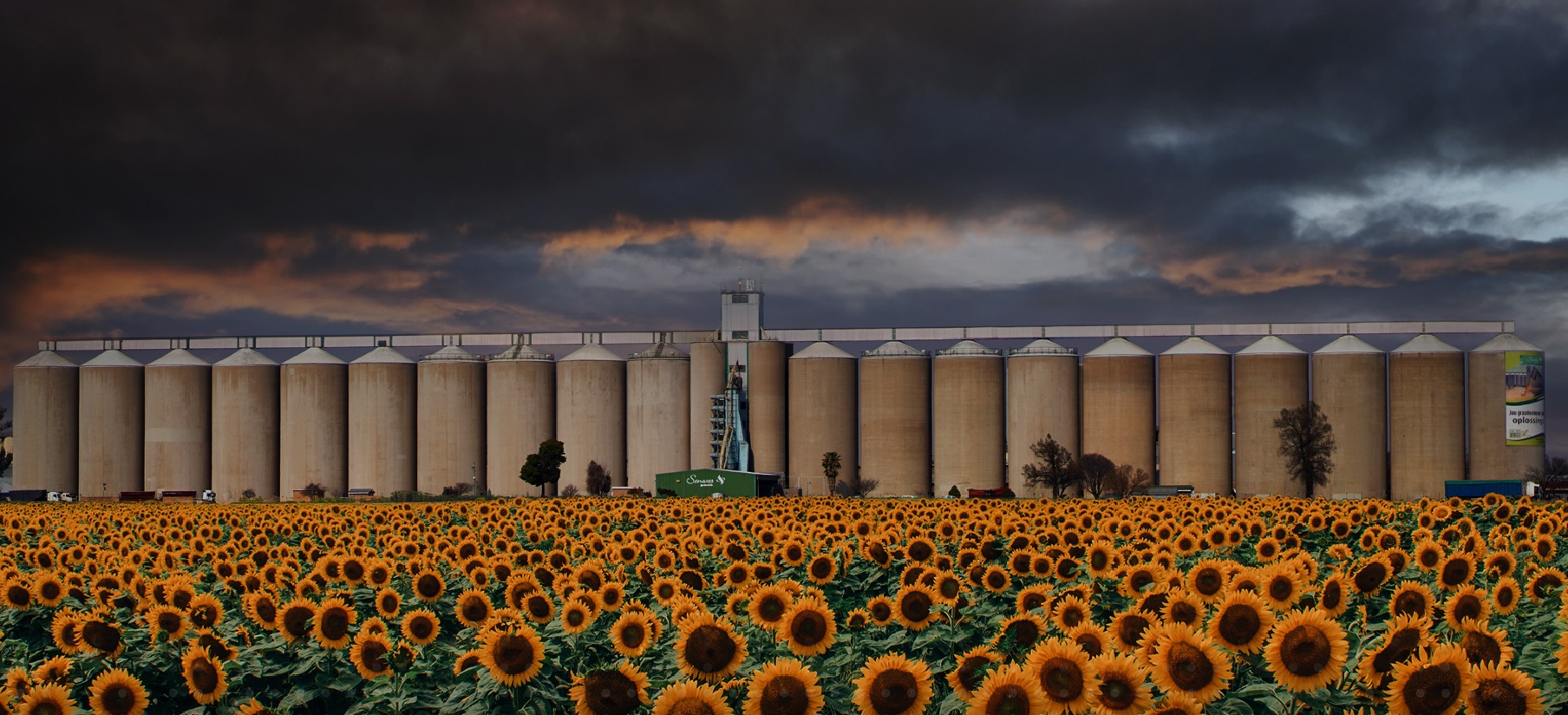
If the 21st century does turn out to be the African century as many have claimed, agriculture will have a central part to play in the story. The importance of the sector has been underlined over the course of the Covid-19 pandemic when output and prices have continued to grow. In South Africa, where diversified agricultural firm/agribusiness Senwes is based, agriculture was the only sector of the country’s economy which grew over the past two years.
For over 112 years, Senwes has been one of the leaders in South African agriculture. From its origins as a grain manufacturer at the beginning of the last century, it has grown into a truly diversified agricultural firm / agribusiness that operates across the agriculture spectrum, in financial services, input supply, and market access. Having come through the worst of the pandemic relatively unscathed, the company is now looking to the future with promise. In short, a fascinating junction for Business Excellence to conduct a company profile.
Overview
Few companies in agriculture can claim to be as diversified as Senwes. With a mandate to increase food security in South Africa, the company works across a range of functions and places an emphasis on sustainability. Through a broad range of subsidiaries, it can provide stakeholders in the agriculture industry with inputs (grains, fertilizers, gypsum, etc.), structured and personalised finance solutions for business owners, and logistics solutions, market making services for producers, and sales of world class agricultural equipment. In short, a 360-degree approach to sustainable agriculture.
This diversification has been core to Senwes’ ability to capture efficiencies in the value chain, allowing it to continuously reinvest in its business units. Having entered into a joint venture in 2012 with Bunge, in recent years, it bought out its partner, giving itself a platform to save costs, drive efficiencies, and enable the sector to compete internationally. The results of this strategy are borne out in the company’s remarkable financial performance: Headline revenues more than tripled, from R$2.49 billion in 2017 to R7.57 billion in 2021.
Resilience in the Face of Adversity
That this growth came in the face of a devastating pandemic makes it all the more notable. As mentioned above, its status as an essential service meant that the agricultural sector remained largely operational during South Africa’s Covid lockdowns. Even as the economy suffered from shutdowns everywhere, the agriculture sector grew by over 15%. Record crop yields in oilseed and soybean are just a couple of the highlights behind the growth.
The sector’s resilience was visible across the spectrum. The pandemic also coincided with South Africa’s second large maize crop yield in history - 16.2 million tonnes - and experienced strong domestic and export market sales. This success didn’t happen without significant commitments on the part of the largest players on the market, among them Senwes. It took a series of precautionary and preventive measures across its operations to ensure the well-being of its staff, clients, and other stakeholders, including the development of a Covid-19 committee to oversee the measures.
Sustainability
Senwes realises that its growth cannot come at the expense of sustainability. The efforts that it makes to reduce its carbon footprint and energy consumption are testament to that. Its annual Sustainability Report outlines a series of initiatives taken by the company that include the installation of an improved Building Management System (BMS), increased use of efficient energy lighting systems, and a solar PV infrastructure in company buildings, all of which combined has already saved over 5,000 tonnes of CO2.
The company also tracks its outputs across a range of indicators to ensure that it’s not just continuously improving on its sustainability performance, but also showing accountability. A sophisticated measurement system allows it to measure indicators such as energy generation and consumption, CO2 output (generated and saved), and water consumption throughout the company’s operations.
Corporate Social Responsibility (CSR) also plays an important part in the company’s sustainability programme. Every year, Senwes helps approximately 300,000 South Africans, through a range of initiatives that include food donations, the construction of classrooms, and community microloans. The company’s key focus areas for CSR are education, economic and enterprise development, sports, food safety, and welfare. The company’s hard work here is exhibited by the foundation of a trust - Thobo Trust - that coordinates all of its CSR initiatives.
Looking to the Future
The coming years promise to be quite different to those that preceded them for the Senwes Group. For one, the company took advantage of lower interest rates over the past decade to make several industry-shaping acquisitions. Now fully integrated, the company aims to pay down the debt, while continuing on its growth path. In addition this, it is preparing its people and workplace so that the company continues its evolution on all fronts (#ReimagineAgriculture), including a movement towards more agile ways of working.
Senwes’ digitalisation also comes at a time when the agriculture industry as a whole is moving towards increasingly digital ways of doing business, even in rural areas. It also intends to diversify into lower risk areas, protecting itself from volatile commodities markets, volatile weather patterns, and industry downturns. For a company which is now several years into its second century, Senwes continues to break new ground.
DOWNLOAD
 Senwes-March-2022.pdf
Senwes-March-2022.pdf














